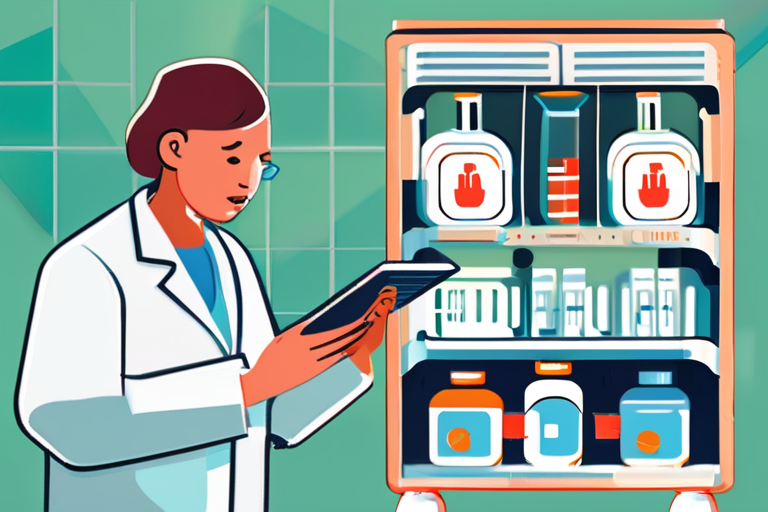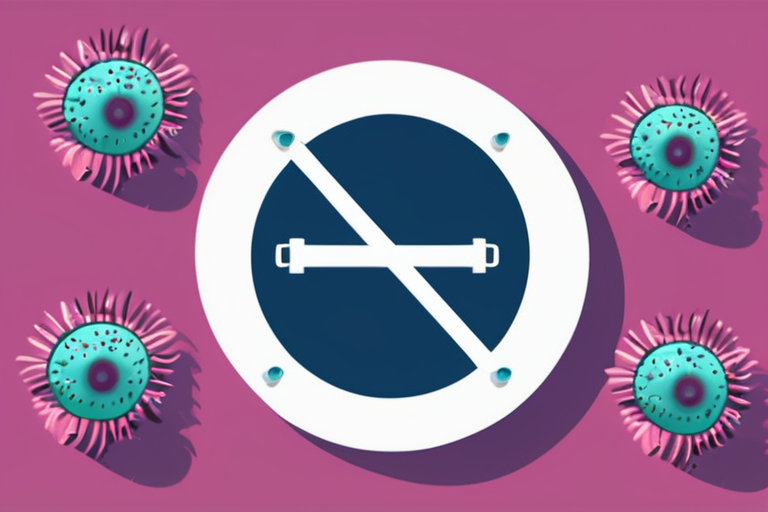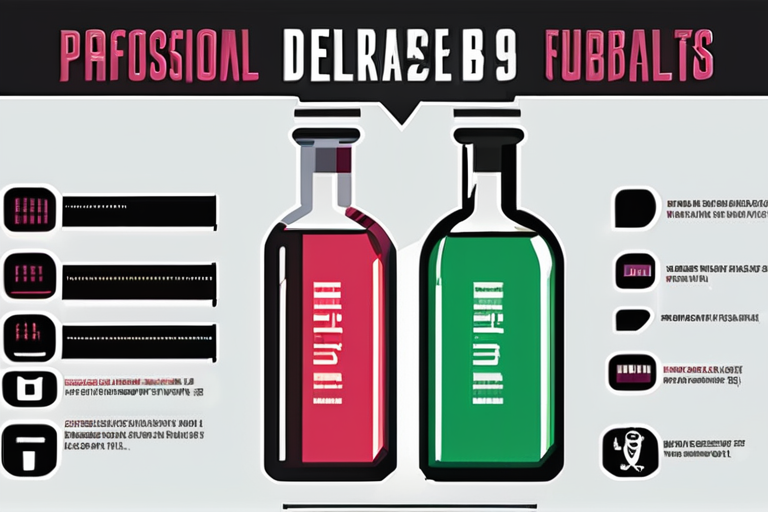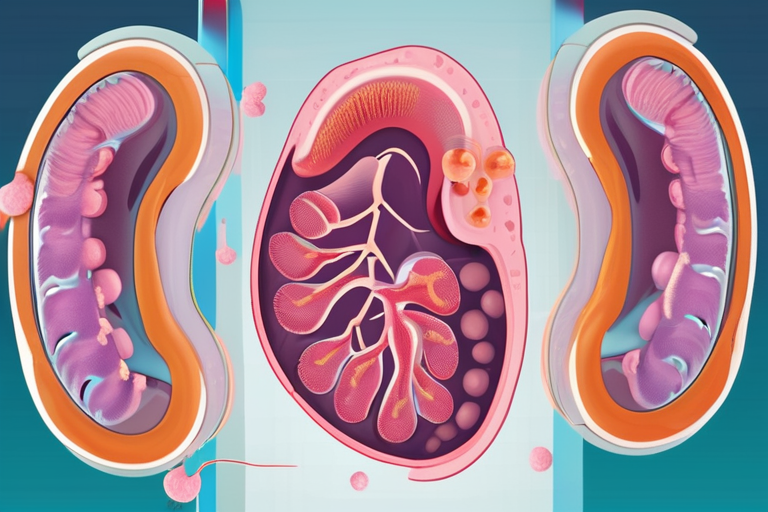Antibiotic Resistance: Test Your Knowledge and Help Save Lives


Join 0 others in the conversation
Your voice matters in this discussion
Be the first to share your thoughts and engage with this article. Your perspective matters!
Discover articles from our community

 Hoppi
Hoppi

 Hoppi
Hoppi

 Hoppi
Hoppi

 Hoppi
Hoppi

 Hoppi
Hoppi

 Hoppi
Hoppi

Nightmare Bacteria Infection Rates Spike Nearly 70% Since 2019, CDC Says A disturbing trend has emerged in the United States: …

Hoppi

Breakthrough in Antibiotic Research: Scientists Discover New Broad-Spectrum Lasso Peptide A team of international researchers has made a groundbreaking discovery …

Hoppi

Breaking News: Hidden Gut Molecule Found to Wreck Kidneys A groundbreaking study has revealed that a molecule produced by gut …

Hoppi

Stunning Images Reveal How Antibiotics Shatter Bacterial Defenses A groundbreaking study published in Nature Microbiology has shed light on the …

Hoppi

Morning Coffee May Be Secretly Weakening Antibiotics A recent study by researchers at the University of Tübingen has discovered that …

Hoppi

Breakthrough in Antibiotic Research: Broad-Spectrum Lasso Peptide Targets Bacterial Ribosome A groundbreaking study published in the journal Nature has made …

Hoppi